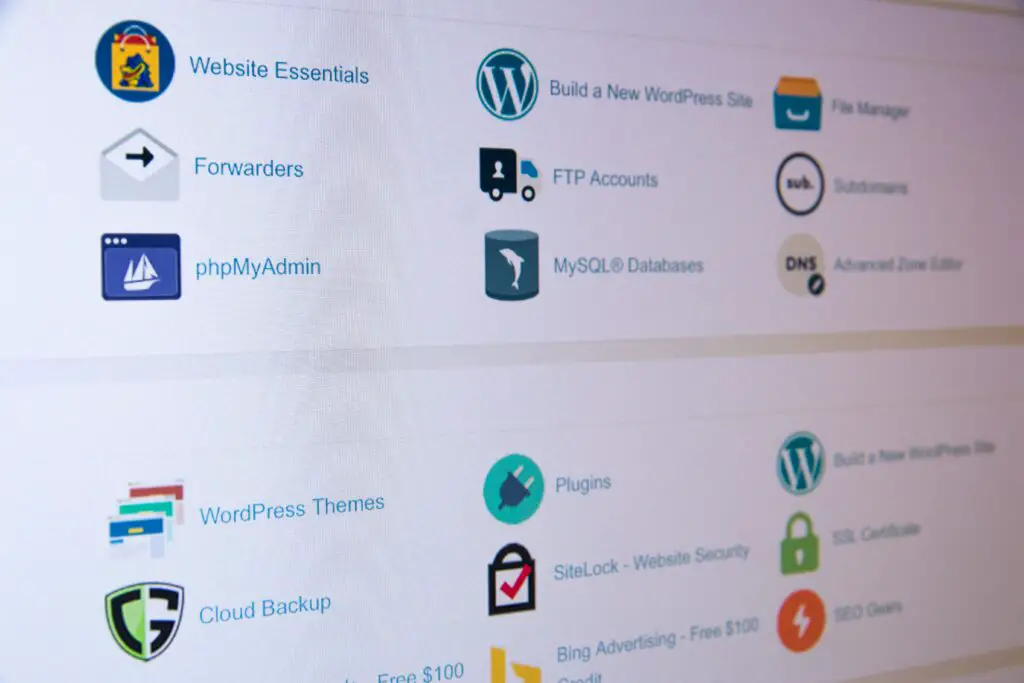Unveiling the Digital Shield:
Understanding SSL Certificates
A Prelude to Digital Security
In the vast universe of the internet, where data dances between servers, the notion of security stands as a formidable guardian. At the heart of this safeguarding lies a crucial element – the SSL certificate. It is not merely a digital stamp, but an intricate web of encryption, authentication, and trust, woven into the fabric of online interactions. Understanding this cryptic shield unveils a world where confidentiality, integrity, and authentication converge harmoniously.

The Essence of SSL Certificates
SSL certificates, short for Secure Sockets Layer certificates, form the bedrock of secure communication over the internet. They serve as the sentinels of encryption, standing between sensitive data and prying eyes. Encryption, the cornerstone of SSL certificates, transforms information into an indecipherable code, shielding it from unauthorized access. This cryptographic cloak encapsulates data transferred between a user’s browser and a website, ensuring that even if intercepted, it remains incomprehensible to malicious entities.
The Key Players:
Encryption and Decryption
Central to SSL certificates are encryption and decryption. Encryption, akin to a digital lockbox, scrambles data into an unreadable format using cryptographic algorithms. This scrambled information, termed ciphertext, becomes an enigma to any but the intended recipient. Decryption, on the other hand, is the act of unraveling this ciphertext back into its original form, a process exclusively reserved for those possessing the matching decryption key. This intricate ballet of encryption and decryption occurs seamlessly within the realm of SSL certificates, fortifying the data highway against potential breaches.
Validation and Authentication:
Building Trust
Beyond encryption, SSL certificates house validation and authentication mechanisms that breed trust in the digital realm. Validation involves verifying the legitimacy of a website, affirming its identity and ownership. This process, executed by Certificate Authorities (CAs), ensures users interact with authentic, bona fide websites. Authentication, meanwhile, establishes a two-way trust between a user’s browser and the website, assuring both parties of each other’s authenticity. This robust authentication framework erects a virtual handshake, fostering a secure connection where information can flow without fear of manipulation or eavesdropping.
Types of SSL Certificates:
Tailoring Security
Diverse in their offerings, SSL certificates come in varied types tailored to distinct security needs. The Domain Validated (DV) certificate validates domain ownership, ideal for basic encryption needs. Organization Validated (OV) certificates delve deeper, authenticating not only the domain but also organizational details. The crème de la crème, Extended Validation (EV) certificates, undergo rigorous validation processes, displaying a green address bar in browsers. This conspicuous indicator symbolizes the highest level of assurance and security, amplifying user trust in the website.
The Evolution and the Future
The landscape of SSL certificates continues to evolve, driven by the perpetual arms race between security and threats. Over time, SSL has transformed into Transport Layer Security (TLS), fortifying itself with advancements and enhancements. With the rise of quantum computing, efforts are underway to create quantum-resistant encryption methods, ensuring the perpetual resilience of SSL’s successor. The future of SSL certificates promises to transcend current capabilities, paving the way for more robust, adaptive, and impregnable security measures in the digital realm.
Embracing the Digital Fortification
In the symphony of internet security, SSL certificates orchestrate a harmonious melody, weaving a protective veil over digital interactions. As technology advances and threats evolve, these certificates evolve in tandem, ensuring the sanctity of data transmission. Understanding their essence empowers individuals and organizations alike to navigate the digital landscape with confidence, secure in the knowledge that SSL certificates stand sentinel, safeguarding the delicate dance of information exchange.
